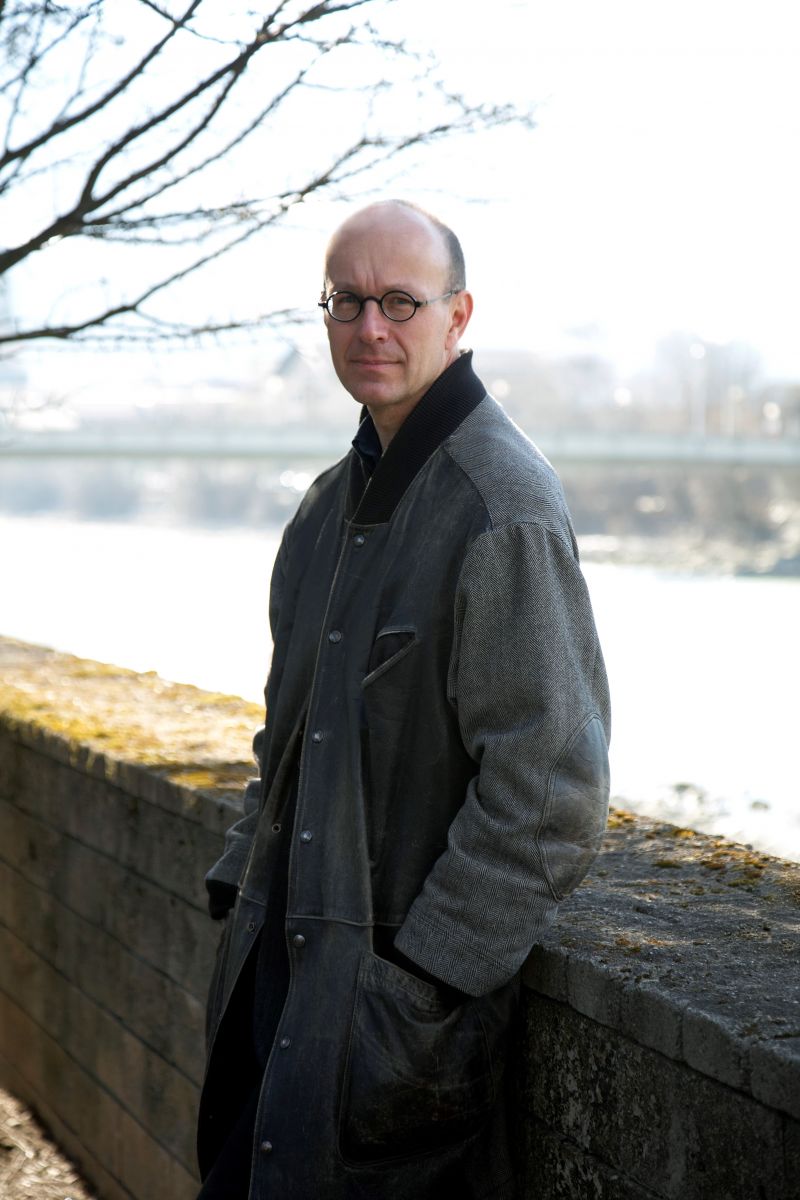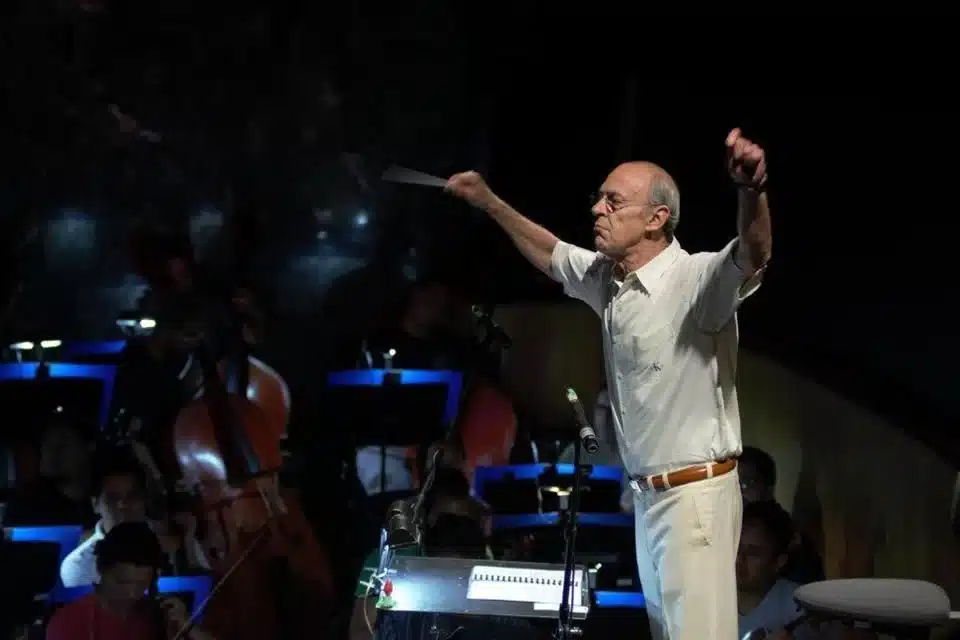All shall have prizes: 30k for Austrian composer
mainThe Grand Austrian State Prize, worth 30,000 Euros, has gone to the Austrian composer, Thomas Larcher, 55.
It’s his turn.
The last three musicians to receive the award were: Beat Furrer (2014), Olga Neuwirth (2010) and Georg Friedrich Haas (2006).
Austrians only need apply.







Congratulations to a wonderful and most deserving composer.
Didn’t he have an equally big prize a year or two ago?
On 21 November (2018) Austrian composer Thomas Larcher will receive the Ernst Krenek Prize. The prize — worth €10000 — will be given to him in the city hall of the Austrian capital of Vienna.
So the Grand Austrian State Prize is unfair because it can, by virtue of its funding, only go to Austrians, but competitions entirely for female composers or conductors are more acceptable?
Congratulations!! Austria takes its music very seriously.
Well, at least they are recognising their own, rather than trying to make themselves seem more important by making an award to some bland establishment figure from abroad. The same cannot be said for the Austrian Musicological Society — their competition for a “Best Paper Award” requires that nominated papers be in English, which is perverse and indefensible (especially given that there is a rich tradition of musicological literature in German); see
http://musau.org/assets/Uploads/OEGMW/2019-Best-Paper-Award/2019-Best-Paper-Award-CfP-PDF.pdf
Furrer, Neuwirth and Haas are sound artists, not composers in the original sense of the word. They write in ‘pure sonic patterns’ where the interest, in case there is some, can be found in the colours and graphic movements of lines, blocks, screams, burbling, – in short: sound effects where the value is in the effect itself, objectively so, without any psychological meaning as in music.
That a ‘Kulturnation’ like Austria is still cultivating such a one-sided, entirely new art form, thinking of their musical traditions, is stunning.
But that does not mean that Larcher isn’t an interesting sound artist: he uses snippets from music and treats them as pure sound patterns, disconnected from their context, and put into a purely sonic context. Thereby, the fragments shed their musical references and become ‘disembodied’. The result sounds like music, remembered by a person who doesn’t know what it is, or by a patient suffering from autistic disorientation.
https://www.youtube.com/watch?v=rm849Gc0Ysc
https://www.youtube.com/watch?v=p5ZXj93AmWQ
https://www.youtube.com/watch?v=kTFyxbVqpQs
Many people love this. Why? I think it is because they recognize something of their own life experience.